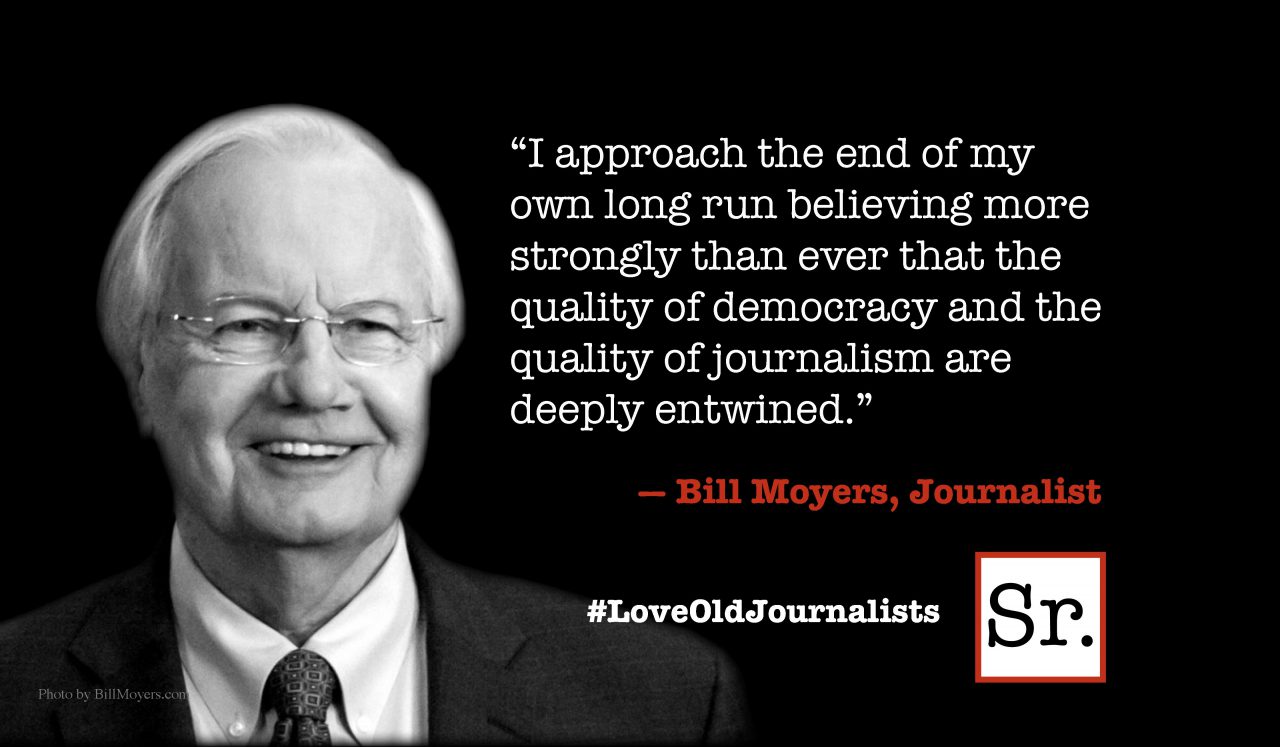Robert Schrag, a regular contributor to Senior Correspondent, documents the process of undergoing a stem cell transplant in response to multiple myeloma.
Wednesday, Dec. 19, 2012
A maxim that seems relatively stable in my life goes like this: Even the bizarre can become normal if it happens every day.
My current experience is rife with such new norms.
Your world shrinks to a room, a bathroom, and four hallways. None of them afford privacy, as caregivers enter at will. Your behavior in those spaces in dramatically redefined. A couple of examples:
1. Next time you take a shower, do it one-handed. Hold a bar of soap or something in your right hand so you can't use it. Now try to take your shower. That's my new normal shower.
2. Apologies in advance for this one, but imagine that you really have to "move your bowels."You rush into the bathroom, drop your pants and you DO NOT DUMP. Because first you have to pee in strangely formed "plastic urinal" that allows the staff to "chart output." Well, I don't know about you, but those two unions, solid waste removal and the water works, tend to work in tandem in my gut. They often need lengthy reflection with a magazine like the Smithsonian or even the New York Times. Splitting them into 2 right-to-work entities with different contractual obligations has been very strange — but is becoming normal.
And that, of course, is the point: Even the bizarre can become normal if it happens every day. But what if you move into that "redefined normal" for only several hours a day. And then you go back outside, where there are cars and parking places and trees and restaurants and the mail and Christmas and family and the push, push, push of modern media. What happens then? The bizarre normal of inside never really becomes normal, it stays stuck, at least partially in bizarre. It's like walking across a floor where someone spilled a coke, but never really wiped it up. Your sneakers stick and when you pull away for the next step, there is that weird popping sound reminding you that something is not right.
I am afraid that my dear wife is currently trapped in such a world. Every day, she must first negotiate a series of parking garages the plans for which are filed somewhere between the second and third circles of hell. Next she is rewarded for her troubles by falling down the rabbit hole which leads straight into my new "bizarre normal." She lives there for the next several hours trying to get her head wrapped around why she can't use my bathroom, why I have no energy, even though I don't look different. Why does food taste so bad for him? What are we supposed to do here in this room that is ours, but in the control of strangers? And, of course, is he going to be all right?
Because the bizarre never truly becomes normal for her, my wife, and the countless other thousands of family caregivers tending those of us "inside," live in a stressful anxious world in which they are not supposed to appear stressed or anxious. That is absurd. I'm surprised they aren't all out there slugging Santas. They, in one of the world's purest expressions of love, swim through a kind of self-imposed schizophrenia to help us, those "inside" feel better. I should thank her every day. I fear I fail to do so.
For what it is worth then, from all of us "inside" to those of you who venture inside on our behalf, thank you for loving us enough to endure for a while this strange and altered reality.








